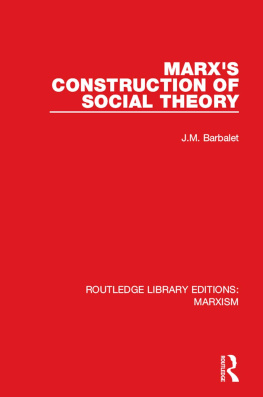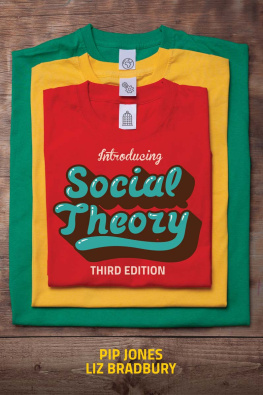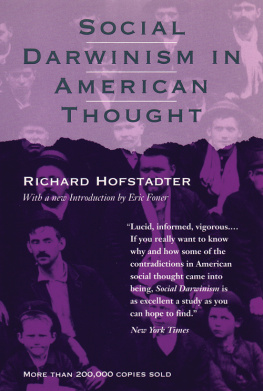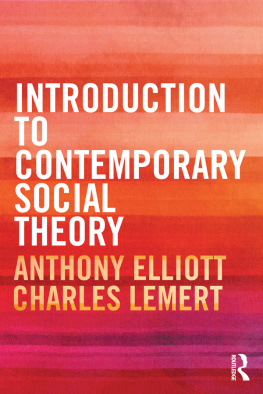Miriam Glucksmann - Structuralist Analysis in Contemporary Social Thought (RLE Social Theory)
Here you can read online Miriam Glucksmann - Structuralist Analysis in Contemporary Social Thought (RLE Social Theory) full text of the book (entire story) in english for free. Download pdf and epub, get meaning, cover and reviews about this ebook. year: 2014, publisher: Routledge, genre: Politics. Description of the work, (preface) as well as reviews are available. Best literature library LitArk.com created for fans of good reading and offers a wide selection of genres:
Romance novel
Science fiction
Adventure
Detective
Science
History
Home and family
Prose
Art
Politics
Computer
Non-fiction
Religion
Business
Children
Humor
Choose a favorite category and find really read worthwhile books. Enjoy immersion in the world of imagination, feel the emotions of the characters or learn something new for yourself, make an fascinating discovery.

- Book:Structuralist Analysis in Contemporary Social Thought (RLE Social Theory)
- Author:
- Publisher:Routledge
- Genre:
- Year:2014
- Rating:5 / 5
- Favourites:Add to favourites
- Your mark:
- 100
- 1
- 2
- 3
- 4
- 5
Structuralist Analysis in Contemporary Social Thought (RLE Social Theory): summary, description and annotation
We offer to read an annotation, description, summary or preface (depends on what the author of the book "Structuralist Analysis in Contemporary Social Thought (RLE Social Theory)" wrote himself). If you haven't found the necessary information about the book — write in the comments, we will try to find it.
Miriam Glucksmann: author's other books
Who wrote Structuralist Analysis in Contemporary Social Thought (RLE Social Theory)? Find out the surname, the name of the author of the book and a list of all author's works by series.
Structuralist Analysis in Contemporary Social Thought (RLE Social Theory) — read online for free the complete book (whole text) full work
Below is the text of the book, divided by pages. System saving the place of the last page read, allows you to conveniently read the book "Structuralist Analysis in Contemporary Social Thought (RLE Social Theory)" online for free, without having to search again every time where you left off. Put a bookmark, and you can go to the page where you finished reading at any time.
Font size:
Interval:
Bookmark:

by Routledge
2 Park Square, Milton Park, Abingdon, Oxon OX14 4RN
711 Third Avenue, New York, NY 10017
A catalogue record for this book is available from the British Library
eISBN: 978-1-315-76997-4 (Set)
ISBN: 978-1-138-78259-4 (Volume 78)
eISBN: 978-1-315-76324-8 (Volume 78)
The publisher has gone to great lengths to ensure the quality of this reprint but points out that some imperfections in the original copies may be apparent.
The publisher has made every effort to trace copyright holders and would welcome correspondence from those they have been unable to trace.
by Routledge & Kegan Paul Ltd
Broadway House, 6874 Carter Lane,
London EC4V 5EL and
9 Park Street,
Boston, Mass. 02108, U.S.A.
Printed in Great Britain by
Unwin Brothers Limited
The Gresham Press
Old Woking, Surrey
Miriam Glucksmann 1974
No part of this book may be reproduced in
any form without permission from the
publisher, except for the quotation of brief
passages in criticism
Font size:
Interval:
Bookmark:
Similar books «Structuralist Analysis in Contemporary Social Thought (RLE Social Theory)»
Look at similar books to Structuralist Analysis in Contemporary Social Thought (RLE Social Theory). We have selected literature similar in name and meaning in the hope of providing readers with more options to find new, interesting, not yet read works.
Discussion, reviews of the book Structuralist Analysis in Contemporary Social Thought (RLE Social Theory) and just readers' own opinions. Leave your comments, write what you think about the work, its meaning or the main characters. Specify what exactly you liked and what you didn't like, and why you think so.





